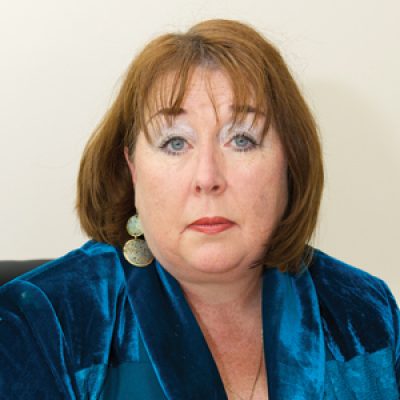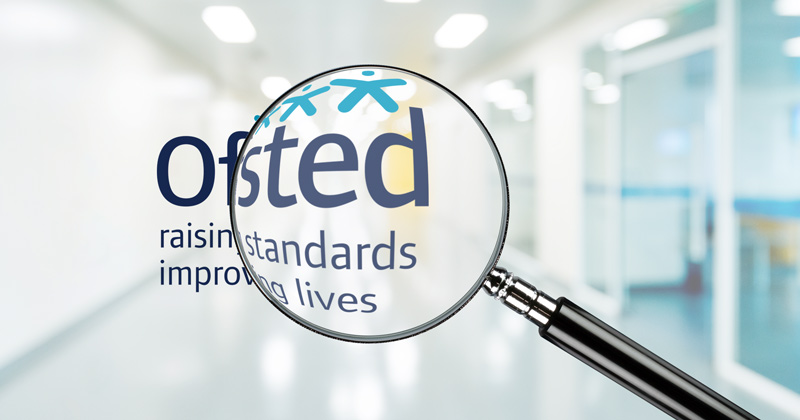The emergence of Omicron has led renewed calls to halt Ofsted inspections, but the watchdog this week insisted visits are “carrying on as usual”.
So is the watchdog out of line? Schools Week looked at how other inspectors are reacting to Covid.
We identified 16 regulators operating in England that engaged in regular inspections and assessments of their sectors prior to the pandemic.
Just six of these, including Ofsted, have returned to normal inspections.
Of the remaining 10, half are conducting investigations on a targeted or ‘risk-based’ basis, while the remainder have introduced remote measures.
Similar to Ofsted, HMI Prisons initially suspended its planned inspection schedule, before moving to “short scrutiny visits”. It returned to full inspections in May as Covid rates dropped and most adults were vaccinated.
Elsewhere, the Health and Safety Executive continued “to carry out spot checks and inspections by calling, visiting and inspecting all types of business” during the pandemic.
Can Ofsted learn from other regulators?
The Care Quality Commission (CQC), which inspects providers such as hospitals and care homes, has suspended routine inspections since the start of the pandemic “in favour of risk-based inspections”.
Francesca Snape, a solicitor specialising in health and social care regulation, said the services inspected are “the highest risk” including NHS trusts, independent hospitals, GP practices and nursing homes.
The suspension of routine inspections was “a reflection of not sending people in when they don’t need to be,” Snape added.
She cautioned that it was hard to compare different regulators as “while they follow similar processes … they inspect very different services.”

But former national schools commissioner Sir David Carter said Ofsted should take “more of a risk approach than a framework approach” and identify the “weakest performers” for targeted visits.
Elsewhere, Her Majesty’s Inspectorate of Constabulary and Fire & Rescue Services said it has used the opportunity to understand how to balance face-to face and remote activities. It now plans to blend future inspections between online and on-site visits.
Professor Steve Martin, a public services inspection expert, said there was a risk that “relying entirely on remote methods” would make inspections “more process oriented” and “more difficult for inspectors to assess outcomes”.
Carter added that Ofsted should consider a “hybrid” of online and in-person inspections until the end of next year. Only the lead inspector would visit the school, he said.
An Ofsted spokesperson said its inspections “help parents, government and the wider public understand how schools are managing the current situation”.
“To do that properly we need to be on site, speaking directly to pupils and staff,” they added.
Contingency plans ‘guided by government’
Some leaders say Ofsted has not been taking account of the impact Covid continues to have in schools. Full, graded inspections returned in September.
Despite some restrictions being reintroduced because of the Omicron variant, Ofsted said inspections will be “carrying on as usual”.
However, last week, Ofsted inspections in Guernsey were postponed until next year by the island’s committee for education, sport and culture.
Asked if it has similar contingency plans for England, Ofsted said it will be “guided by government and public health experts”.
Geoff Barton, general secretary of the Association of School and College Leaders, said Ofsted’s actions were “both out of touch and extremely unhelpful”.
The union is calling for deferrals to be granted automatically upon request and warned the likely impact of Omicron – increased staff and pupil absences – “will further deepen the feeling … that inspections at this time are inappropriate”.
Schools can ask for deferrals, but the decision rests with Ofsted. As of November 17, the watchdog had turned down around one-third of Covid-related deferral requests.
An Ofsted spokesperson added they had received no formal complaints relating to deferral decisions.
‘Exacerbating an already explosive situation’

But Dame Alison Peacock, chief executive of the Chartered College of Teaching, said this approach was “tone-deaf”. She wants inspections paused until January, when more is known about the new variant.
Ros McMullen, of headteachers’ wellbeing helpline Headrest, warned that Omicron has “exacerbated what is already an explosive situation” by “deeply damaging” headteachers’ mental health. Her helpline received as many calls last month as it had between Easter and November, she added.
Ofsted national director Chris Russell said on Tuesday they “do recognise that this isn’t business as usual”. He said further changes will be made to the inspection deferral policy. A revised version was published yesterday, but no substantial changes were made.








Your thoughts